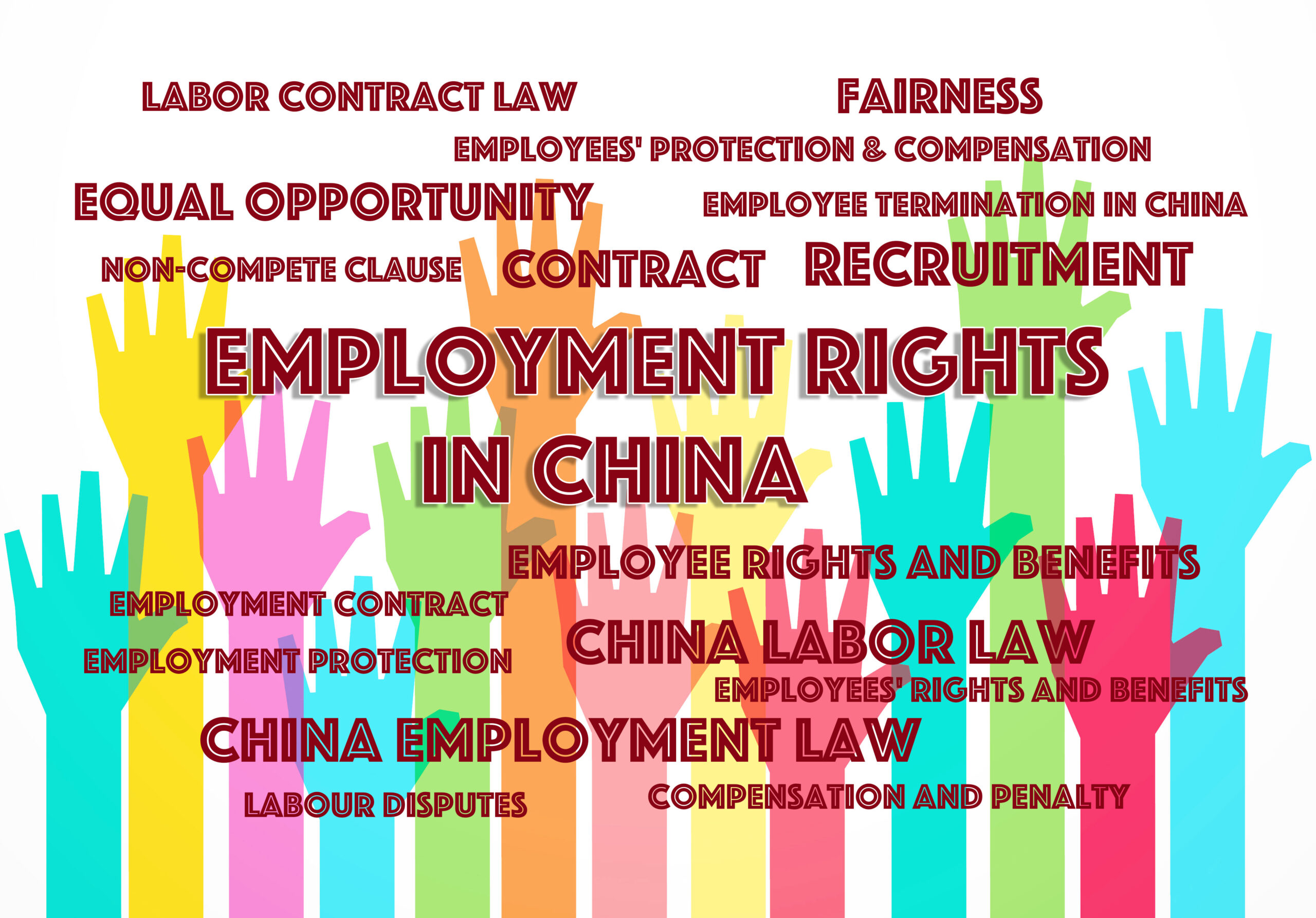
Hi Jenny,
I worked in Dalian Development Zone. My employment contract contains a clause says that the employee can’t work in the similar sector within 2 years in Liaoning.
The penalty for my breach is 10,000 RMB. The contract also says I can get 200 RMB per month after the termination of the contract, but I have to fetch the payment in the company in person.
I have signed the contract, but I feel regretted ‘cause the compensation is too little while the penalty is too much. Is that clause valid?
Main points in our reply:
- Your company has the right to include the non-compete clause in the employment contract.
- Under Article 24 of China’s Labor Contract Law, the Employer’s senior management, senior technicians and other individuals with confidentiality obligations shall be subject to non-competition obligations. As we have not been informed your position in your company, we can’t consult the validity of this point.
- As to the amount of compensation and penalty, it is obviously unfair. Even though there is no specific description as the amount of compensation in China’s Labor Contract Law, 200 RMB per month is too low in Development Zone in contrast of the high penalty.
- In sum, if you are not within the scope of personnel in Article 24, you are not bound by it. IF YOU ARE, you have the option to claim to raise the amount of compensation or announce the articles invalid.
- Note: Please read the GOVERNING LAW clause in your contract. Our advice is based on the fact your contract chooses Chinese Law as the governing law. As a lot of foreigners signed their contract with the employers within their own countries before they come to China, their employment contract often governs by the law of their own countries.
Non-compete clauses are often a part of an employment agreement and prevent an ex-employee from competing with his/her former employer, generally by working for a competitor. Besides it, other restrictive covenants like non-solicitation clause and confidential clause can also be found in an employment agreement.
Basically, all these restrictive covenants arise from the fundamental obligations of employee’s good faith and fidelity towards their employers. However, sometimes an employee contract can be obstacle for an employee to get a new job in the same industry. The above topic is quite common in our legal consultation. There are several points must be aware in such clauses:
- The subject
- The period of time
- The scope of territory
- The amount of compensation
Only when the four elements are REASONABLE, such clauses can be deemed valid.
Relevant articles in China’s Labor Contract Law
Article 23 An Employer and an employee may include in their labor contract confidentiality provisions in respect of the Employer’s trade secrets and other confidential matters with regard to intellectual property.
If an employee has a confidentiality obligation, the Employer may contract with the worker to include non-competition provisions in the labor contract or confidentiality agreement, and agree to pay financial compensation to the employee on a monthly basis during the non-competition period after the termination or revocation of the labor contract. If the employee breaches the non-competition provisions, he shall pay liquidated damages to the Employer in accordance with the stipulated terms.
Article 24 The personnel subject to non-competition obligations shall be limited to the Employer’s senior management, senior technicians and other individuals with confidentiality obligations. The scope, geographical limitations and term of the non-competition obligations shall be agreed upon by the Employer and the employee, and they shall not violate any laws and regulations.
After the revocation or termination of a labor contract, the non-competition period for any of the persons mentioned in the preceding paragraph in terms of his working for a competing Employer that produces or deals with the same type of products or engages in the same type of business, or in terms of his setting up his own business to produce or deal with the same type of products or to engage in the same type of business, shall not exceed two years.
If you have more questions about China labor / employment law, welcome to contact me.
